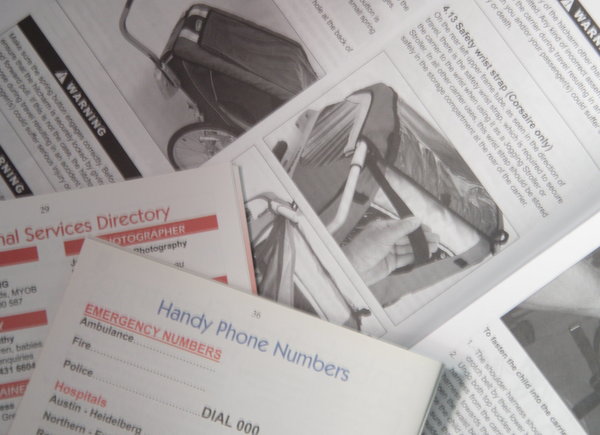It’s still one point
When writing a list of ideas or tips, it is worth making sure each one has enough value to be in the list – it is better to read a short list of valuable ideas than a long list of mostly junk surrounding a few good ideas.
Even if you’re calling your list something like “top ten tips” or “101 things to do with cheese”, don’t get tempted to make the list longer just so the title seems more impressive. Your credibility will suffer if the list doesn’t provide the help or interest people were looking for.
What I find even more annoying is a list of say 20 things which actually turns out to be a list of 10 or 15 things. I’m not sure if these writers are deliberately trying to plump out a short list or don’t realise how repetitive they are being, but either way it wastes my time and I don’t like it.
Here are the common ways I’ve seen people repeat list items…
- giving the same point in different terms. For example, “use good spelling and grammar” and “don’t misspell words or use bad grammar” as two separate points – obviously, they mean exactly the same thing!
- making the same point in different words so it almost seems a different point. For instance “remember to market your existing customers as well as potential customers” is really the same as “don’t neglect your current customers in word of mouth campaigns” in a list of ideas for treating customers well
- breaking one point into two points – neither point fully makes sense alone, but if they are long enough they can look acceptable
Are there are other common repetitions or problems with lists that you have come across? What has been your reaction to these annoyances?
Happy writing!



Recent Comments